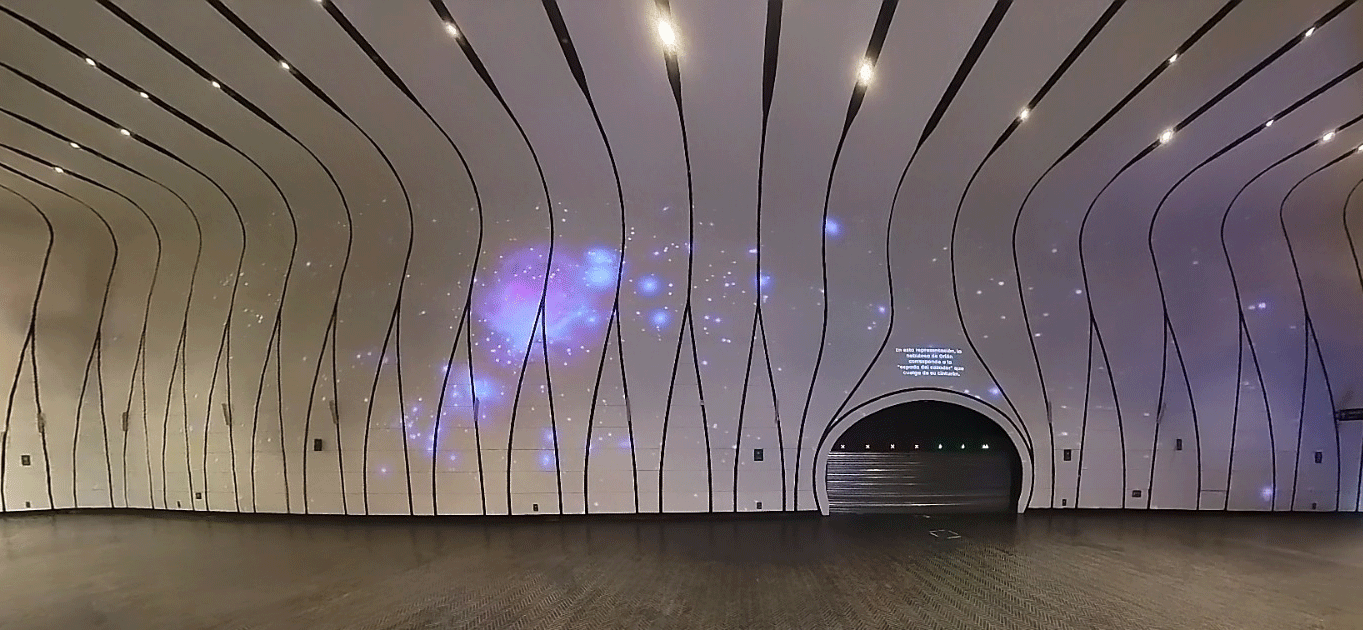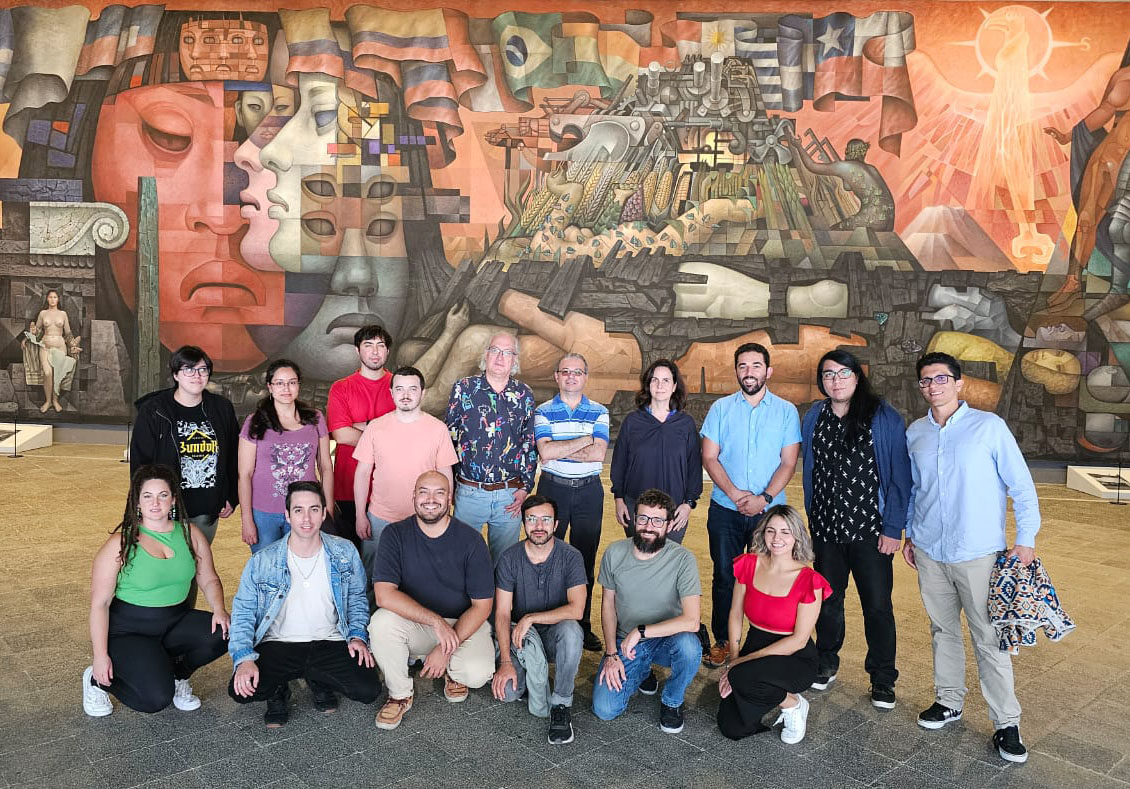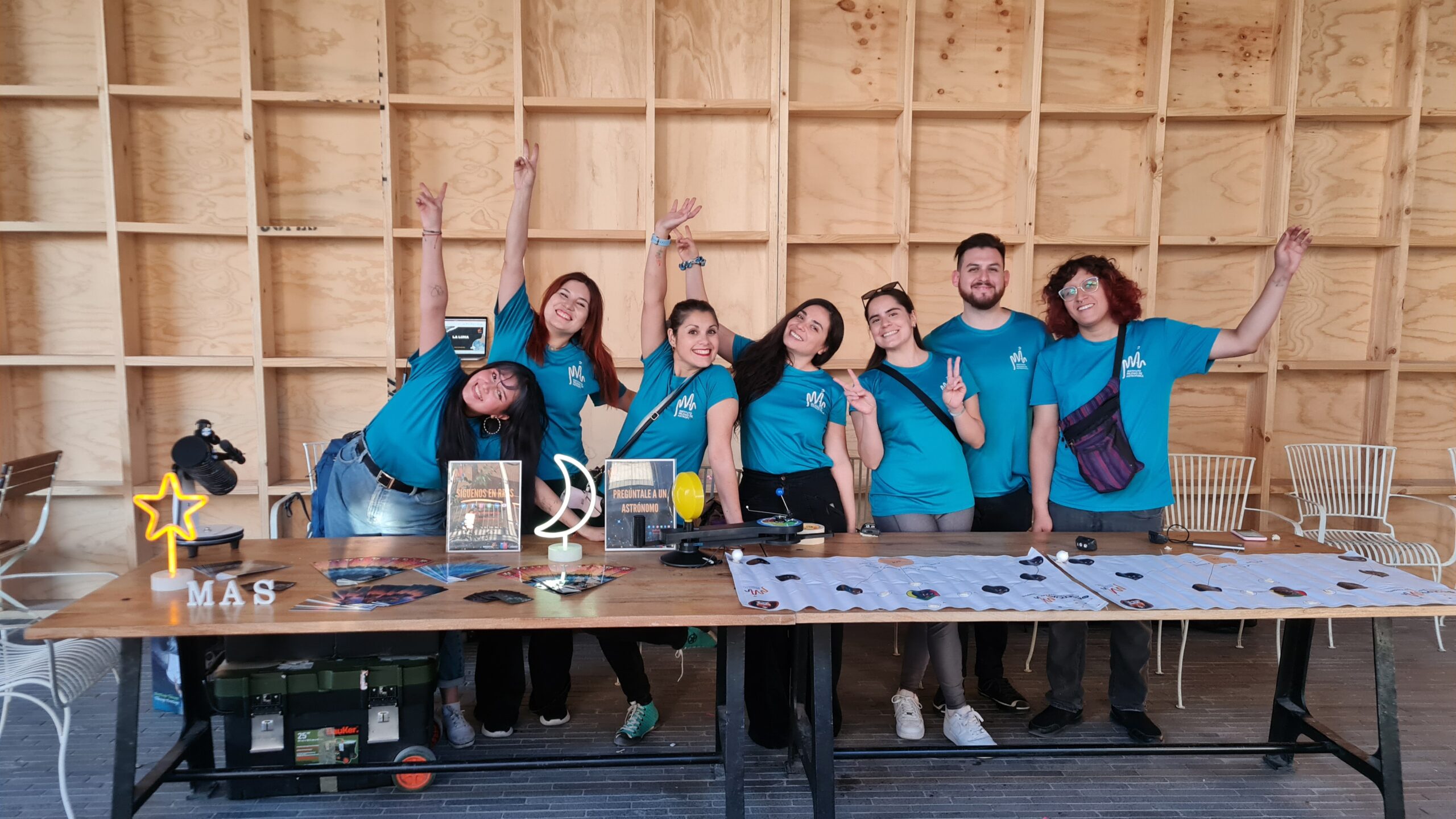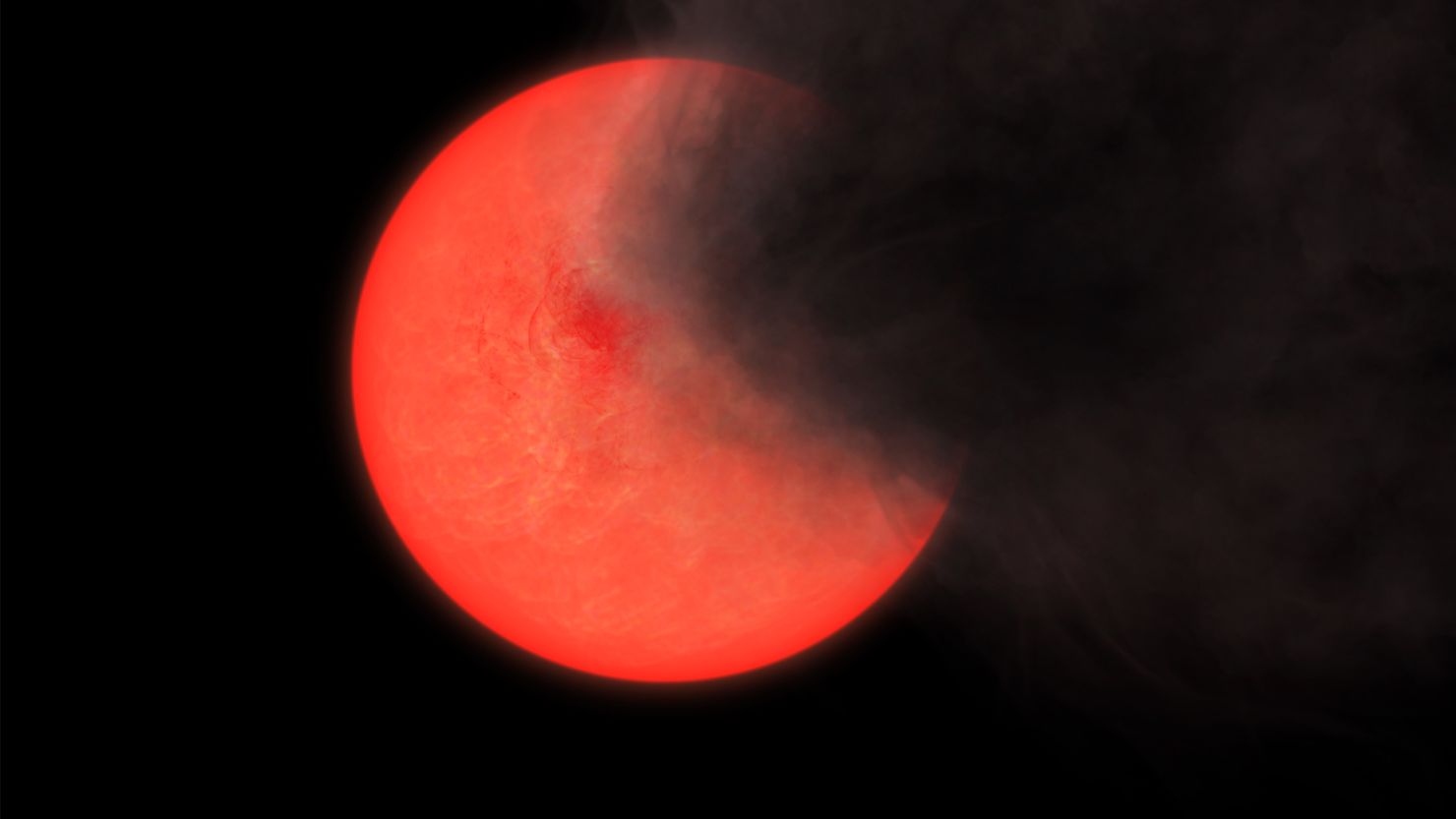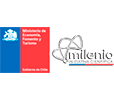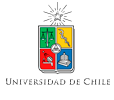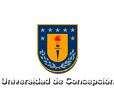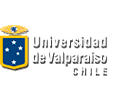[:en][one_full last=”yes” spacing=”yes” center_content=”no” hide_on_mobile=”no” background_color=”” background_image=”” background_repeat=”no-repeat” background_position=”left top” hover_type=”none” link=”” border_position=”all” border_size=”0px” border_color=”” border_style=”” padding=”” margin_top=”” margin_bottom=”” animation_type=”” animation_direction=”” animation_speed=”0.1″ animation_offset=”” class=”” id=””][fusion_text]
The ten episodes series in Spanish will go live in August and available on different digital platforms. It will include LSC (Chilean Sign Language).
In “Stories of Inclusive Astronomy,” several specialists, professionals within the science and astronomy field, professors, students, and people with disabilities will tell their stories, boosting inclusive astronomy in Chile and all over the globe. The online audience will participate in this activity, asking some questions that a moderator will include in the discussion.
The launching programming of ten episodes will have a guest to Wanda Díaz-Merced in the first episode, Puerto Rican astronomer and a blind woman. Wanda is known worldwide as someone who drives initiatives for inclusion and accessibility in science. In the first episode, she will talk about: “Astronomy and disability: the right to choose how I want to get involved.”
This initiative is part of the activities that the Group of Inclusive Astronomy and ten other scientific institutions will carry out joined together to create the production of the episodes, broadcasted on YouTube and some of the group’s Facebook fan pages, and also in @difusionastroudp, @NPFcl, @fundacionpge, @ObservatorioALMA, @AstrofisicaMAS, @dedoscopio, @sochias, @ifauvalpo, @AuiNraoChile, @AstroBVI, @fisica.pucv, @GMTelescope_esp, @LCOAstro, @difucyt, @ChileCiencias, and @UniversidadCentralRegiondeCoquimbo.
The online series focuses on the general audience, mostly on people with some disability, who are expected to show them the multiple inclusion activities in our country. The experience at the final stage of these online broadcasting will help launch a new series with online and reachable astronomical content in the future.
The series’s episodes will have a Chilean Interpreter of Sign Language thanks to the project called “Breaking the Barriers,” supported by the Chilean Society of Astronomy (SOCHIAS, by its acronyms in Spanish) and sponsored by the ESO-Government of Chile Joint Committee. This activity is also supported by the National Service of Disabilities (SENADIS, by its acronyms in Spanish).
Since 2016, the Group of Inclusive Astronomy has been working on this project. Is currently formed by about 60 astronomers, teachers, science communicators, blind people, students, designers, anthropologists, etc., who seek to promote and to launch activities with the participation of disabled people and to develop experiences that allowed the necessary changes in teaching and learning astronomy with a different approach.

The people who make up this group are part of the following institutions: the Universidad Diego Portales (UDP), the Millennium Nucleus for Protoplanetary Formation(NPF), the Giant Magellan Telescope (GMTO), the Museo Interactivo Mirador Musseum (MIM), the USACH Planetarium, the Corporación Nacional de Difusión de Ciencia y Tecnología ( National Outreach Corporation for Science and Technology, DIFUCYT), the Millennium Institute of Astrophysics MAS, the Chilean Society of Astronomy (SOCHIAS), the ALMA Observatory, Universidad de Chile (UChile), Pontificia Universidad Católica de Chile (PUC), the Institute for Astronomy and Physics of Universidad de Valparaíso (IFA-UV), the Institute of Physics of Pontificia Universidad Católica de Valparaíso (IFIS-PUCV), Universidad Central (UCEN), Association of Universities for Research in Astronomy (AURA), Fundación Pequeñas Grandes Estrellas Foundation (PGE), the Science Communication Center (CCCs), Associated Universities, Inc., the National Radioastronomical Center. (AUI/NRAO), and Las Campanas Observatory by the Carnegie Institution for Science. The projects Dedoscopio, AstroBVI, and Ayarkün are also part of this group and have carried out inclusive activities on this topic.
On Tuesday, August 18th, the first date is at 18:00, when Stories of Inclusive Astronomy will start. Watch it on Facebook and YouTube (Spanish only).
 [/fusion_text][/one_full][:es][one_full last=”yes” spacing=”yes” center_content=”no” hide_on_mobile=”no” background_color=”” background_image=”” background_repeat=”no-repeat” background_position=”left top” hover_type=”none” link=”” border_position=”all” border_size=”0px” border_color=”” border_style=”” padding=”” margin_top=”” margin_bottom=”” animation_type=”” animation_direction=”” animation_speed=”0.1″ animation_offset=”” class=”” id=””][fusion_text]
[/fusion_text][/one_full][:es][one_full last=”yes” spacing=”yes” center_content=”no” hide_on_mobile=”no” background_color=”” background_image=”” background_repeat=”no-repeat” background_position=”left top” hover_type=”none” link=”” border_position=”all” border_size=”0px” border_color=”” border_style=”” padding=”” margin_top=”” margin_bottom=”” animation_type=”” animation_direction=”” animation_speed=”0.1″ animation_offset=”” class=”” id=””][fusion_text]
En agosto comienza la serie online de diez capítulos transmitida en vivo por conocidas plataformas digitales, la cual contará con intérprete de lengua de señas chilena.
A través de “Historias de Astronomía Inclusiva”, distintos especialistas y profesionales del ámbito de la ciencia y astronomía, docentes, estudiantes y personas con discapacidad contarán sus experiencias impulsando la Astronomía Inclusiva en Chile y el mundo. El público conectado participará realizando preguntas a los expositores que serán incorporadas a la conversación guiadas por un moderador, de forma amena y relajada.
Con una programación inicial de diez capítulos, la primera sesión contará con la presencia de Wanda Díaz-Merced, astrónoma puertorriqueña y persona ciega. Wanda es mundialmente conocida por impulsar iniciativas de inclusión y accesibilidad en la ciencia, quien en el primer capítulo abordará el tema: “Astronomía y discapacidad: el derecho a elegir cómo deseo participar”.
Esta iniciativa es parte de las actividades que realizará el Grupo de Astronomía Inclusiva, y diez instituciones científicas que se organizaron para la producción de los capítulos, los que serán transmitidos por sus canales de Youtube y en forma simultánea por los FanPage de Facebook de todas ellas y algunas más: @difusionastroudp, @NPFcl, @fundacionpge, @ObservatorioALMA, @AstrofisicaMAS, @dedoscopio, @sochias, @ifauvalpo, @AuiNraoChile, @AstroBVI, @fisica.pucv, @GMTelescope_esp, @LCOAstro, @difucyt, @ChileCiencias y @UniversidadCentralRegiondeCoquimbo.
La serie online está dirigida al público general, con énfasis en las comunidades de personas con discapacidad, a quienes se espera dar a conocer las múltiples iniciativas de inclusión y educación que se están realizando en el país. La experiencia adquirida en estas transmisiones servirá para lanzar nuevas series con contenido astronómico online y accesible, en el futuro.
Los capítulos de Historias de Astronomía Inclusiva contarán con intérprete en lengua de señas chilena, gracias al proyecto “Breaking the Barriers”, patrocinado por la Sociedad Chilena de Astronomía (SOCHIAS) y financiado por el Comité Mixto ESO-Gobierno de Chile. La instancia cuenta con el patrocinio del Servicio Nacional de la Discapacidad, SENADIS.
Desde el 2016, el Grupo de Astronomía Inclusiva viene trabajando en este ámbito y, actualmente, está conformado por alrededor de 60 astrónomos, profesores, comunicadores científicos, personas con discapacidad visual, estudiantes, diseñadores, antropólogos, etc., quienes buscan promover y dar a conocer actividades que cuentan con la participación de personas con discapacidad, así como el desarrollo de experiencias que han permitido generar ajustes necesarios para la enseñanza y aprendizaje de la astronomía, con un enfoque accesible e inclusivo.

Las personas que conforman el Grupo de Astronomía Inclusiva pertenecen a las siguientes instituciones: la Universidad Diego Portales (UDP), el Núcleo Milenio de Formación Protoplanetaria (NPF), el Telescopio Magallanes Gigante (GMTO), el Museo Interactivo Mirador (MIM), el Planetario USACH, la Corporación Nacional de Difusión de Ciencia y Tecnología (DIFUCYT), el Instituto Milenio de Astrofísica MAS, la Sociedad Chilena de Astronomía (SOCHIAS), el Observatorio ALMA, Universidad de Chile (UChile), Pontificia Universidad Católica de Chile (PUC), el Instituto de Física y Astronomía de la Universidad de Valparaíso (IFA-UV), el Instituto de Física de la Pontificia Universidad Católica de Valparaíso (IFIS-PUCV), Universidad Central (UCEN), Association of Universities for Research in Astronomy (AURA), Fundación Pequeñas Grandes Estrellas (PGE), el Centro de Comunicación de las Ciencias (CCCs), Associated Universities, Inc., el Observatorio Radioastronómico Nacional de los EE.UU. (AUI/NRAO) y el Observatorio Las Campanas de la Carnegie Institution for Science. Además, de los proyectos Dedoscopio, AstroBVI y Ayarkün, que también han implementado actividades inclusivas en esta ciencia.
La primera cita es el martes 18 de agosto a las 18:00 horas, cuando comienza Historias de Astronomía Inclusiva, a través de las plataformas Facebook y Youtube, en las cuentas mencionadas.
